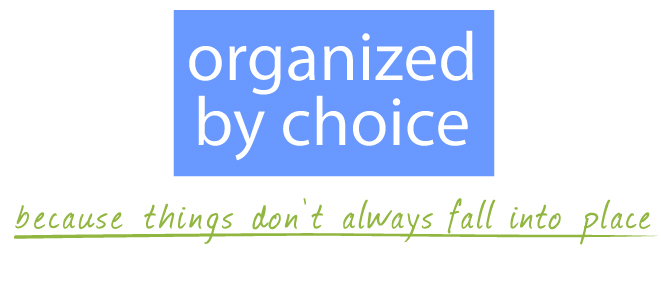Today as I opened a “new document” on my computer, a blank page popped up. It reminded me of the feeling of a new year. A blank page. But in reality, it’s not blank. It’s full. Full of opportunities. Full of choices. Full of experiences. Full of the unseen.
Poet Rainer Maria Rilke said, “And now we welcome the new year. Full of things that have never been.”
As you consider this new year, what’s your perspective? Is Doris Day singing in your ear—“Que Sera, Sera” what ever will be, will be? Or, are you planning to take a more intentional role in 2016?
A University of Scranton study reported in The Journal of Clinical Psychology that “People who explicitly make resolutions are 10 times more likely to attain their goals than people who don’t explicitly make resolutions.” On the opposite side, as Zig Ziglar says, “If you aim for nothing, you will hit it every time.” One way or the other, 2016 will be full. The question is-- how much of it will be intentional on your part, and how much of it will be determined by other people’s agendas for your life?
I thought I was clever when I named my company “Organized By Choice” with the tag-line “because things don’t always fall into place.” But getting organized isn’t the only thing that’s acquired by choice. Heathy relationships, healthy bodies, financial gain (unless you won that billion-dollar lottery), further education, quitting bad habits, starting good habits, and so much more requires choice, not chance.
On your “blank page” for 2016, what will you choose? Since there’s no time like the present, grab a piece of paper or open a blank document on your computer and, if you haven’t already done so, write down two or three things you would like to see happen in 2016.
Timely Tips
Early in January my son, Chase, and I were texting about our goals. These were the four I shared with him:
Floss daily (I know, I should have already been doing this!)
Complete my coaching hours for certification
Memorize Psalm 145
I like to use George T. Doran’s SMART goal concept and make my goals:
Specific
Measurable
Attainable
Relevant
Time-oriented
SMART Example: A Specific goal is “floss daily” instead of a general “improve dental health.” It’s Measurable because I’ve identified exactly how often I plan to do it. It’s Attainable because it will take less than 2 minutes per day. It’s Relevantbecause it fits with my overall value of caring for my physical health. It’s Time-oriented in that I plan to do this through 2016 (and hopefully beyond!). Take a look at your goals and make adjustments, as needed, to render them SMART
Set up for success: What do you need to make your goals a reality? Supplies? A new routine? A mentor? Professional help? Accountability? Good intentions simply don’t cut it. Under each goal list what you need to succeed. Prioritize your list so you have a plan to follow.
Small step: Each of my goals, and perhaps most of yours will require an element of a new routine to ensure success. Since we have all failed at starting new routines, this step can be daunting. Leo Babauta (zenhabits.net) says, “If you want to build trust in yourself, you need to start with something incredibly easy, something you won’t fail to do. Most people ignore this advice, and fail, and then don’t believe in themselves.” Another proponent of small steps is Dr. Robert Maurer. In his book,One Small Step Can Change Your Life Maurer suggests that slow progress is better than no progress. Even doing one push-up a day until that becomes your new normal, is better than saying, “I’m going to do 50 push-ups every morning,” and then quitting after the first week. Once you have successfully incorporated your small step into your lifestyle, add a tiny bit more until that becomes your new normal.
Go public: One step that's hard but helpful is to make your goal public. It doesn’t mean you have to put it in a newsletter like I did, but tell someone that cares about your success and will support you in the process.
wise words
“What you get by achieving your goals is not as important as what you become by achieving your goals. ”

